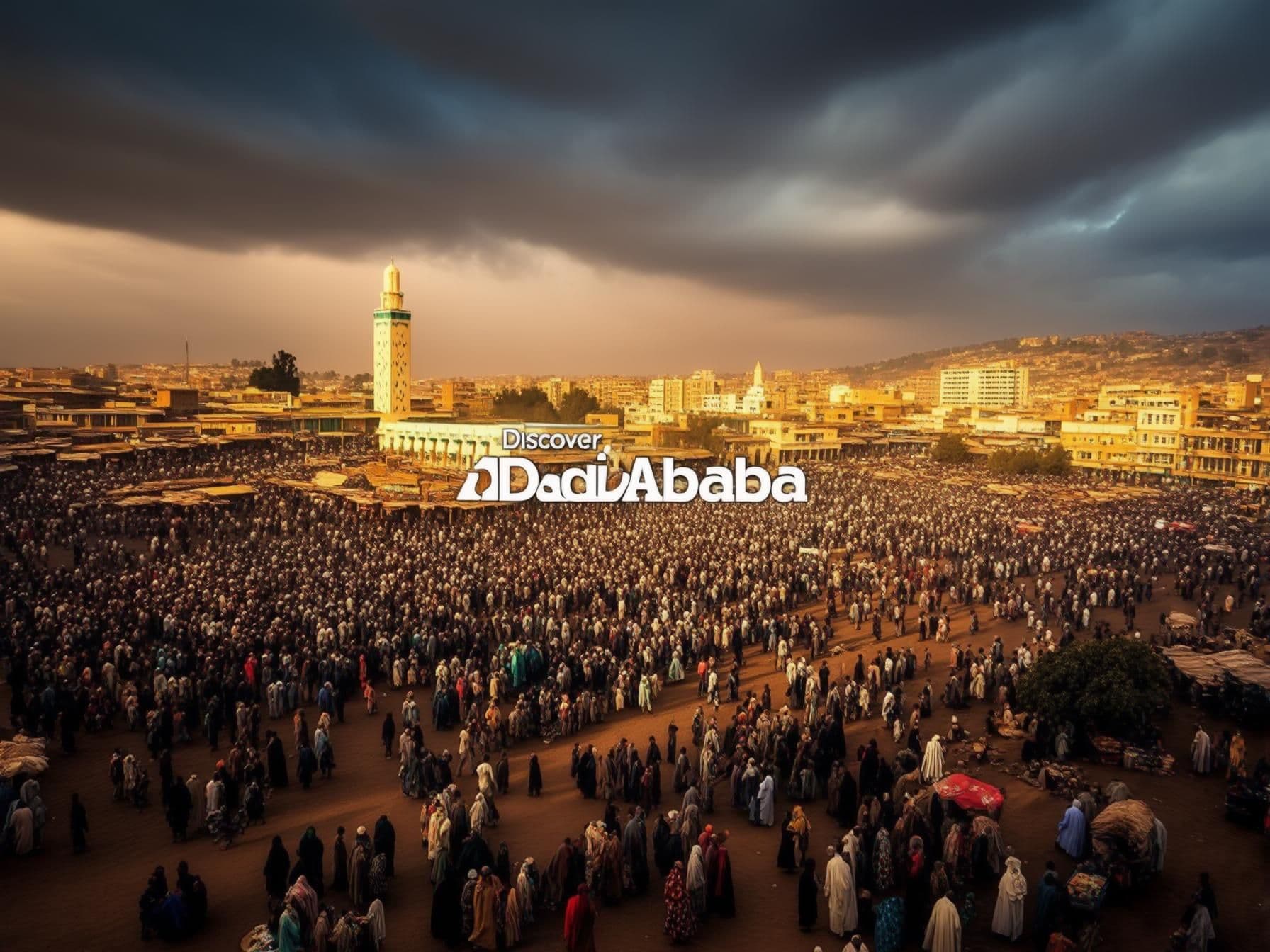
3 Days in Addis Ababa
3 Days in Addis Ababa
Discover the vibrant heart of Addis Ababa with this 3-Day Cultural Highlights Itinerary designed for travel enthusiasts seeking rich experiences on a budget. Begin your journey at the National Museum of Ethiopia, where the famed hominid Lucy awaits, before exploring the architectural marvel of the Holy Trinity Cathedral. Experience local life at Meskel Square, then on Day 2, delve into Ethiopia's cultural heritage at the Ethnological Museum. Hunt for authentic souvenirs at the bustling Mercato and savor the renowned Ethiopian coffee ceremony. Day 3 offers breathtaking city views from Entoto Hills and an exploration of Menelik II Palace, culminating with dinner and cultural performances in a traditional Ethiopian restaurant. Plan your stay with affordable hotels in Addis Ababa using AI Travel Agents or Trip Planner Apps, ensuring cheap flights and budget-friendly activities. This itinerary promises an unforgettable Addis Ababa adventure enriched with history, architecture, and local charm. Perfect for frequent travelers, it combines the allure of classic treasures with the convenience of cheap eats and exciting activities—all optimized for an immersive travel experience. Whether through AI Travel or consulting an Addis Ababa, Ethiopia Travel Agent, this trip brings the city's magic to life effortlessly.
Day 1
Kick off your exploration of Addis Ababa by diving into its rich cultural heritage. From ancient history to stunning architecture, Day 1 is packed with must-see experiences that will introduce you to the heart of Ethiopian culture.
Morning
- Visit the National Museum of Ethiopia to see the fossilized remains of Lucy and learn about Ethiopia's ancient history.
- Explore the Holy Trinity Cathedral, a beautiful example of Ethiopian Orthodox architecture and a historical resting place for many notable figures.
Afternoon
- Stroll around Meskel Square, the city’s vibrant hub, and enjoy local cafes and the lively atmosphere.
Evening
- Enjoy a relaxing evening, perhaps sampling local bites or simply taking in the city's evening ambiance.
Day 2
On your second day in Addis Ababa, dive into the city's vibrant culture and bustling markets while enjoying Ethiopia's rich traditions. From museums to local markets and a unique coffee experience, Day 2 promises a day full of classic treasures and memorable cultural encounters.
Morning
- Tour the Ethnological Museum at Addis Ababa University, located in the former palace of Haile Selassie, to explore Ethiopia’s diverse cultures and traditions.
Afternoon
- Explore the Mercato, Africa's largest open-air market, to discover traditional textiles and spices. Enjoy a unique shopping experience for authentic souvenirs.
Evening
- Experience a traditional coffee ceremony in a local café, a cherished Ethiopian tradition that encapsulates the country's warmth and hospitality.
Day 3
Views and Heritage Beyond the City
Morning
- Visit the Entoto Hills for panoramic views of the city and enjoy nature walks.
- Explore Menelik II Palace, delving into Ethiopia's regal history through its historic halls and gardens.
Afternoon
Conclude your cultural exploration with a sumptuous dinner at a traditional Ethiopian restaurant.
Evening
- Enjoy cultural performances showcasing local dances and music, the perfect finale to your unforgettable journey.
Frequently Asked Questions
Best Time to Visit Addis Ababa
The best time to visit Addis Ababa, the capital city of Ethiopia, is generally during the dry season, which spans from October to February. During these months, the weather is more predictable with less rainfall, making it ideal for tourists who want to explore the city's attractions comfortably.
Weather Considerations
- October to February: These months offer clear skies and pleasant temperatures, averaging between 15°C to 24°C (59°F to 75°F).
- March to May: This period is considered a shoulder season with slightly increased rainfall but still manageable for travelers.
- June to September: Known as the rainy season, these months can bring heavy downpours, which might hinder outdoor activities.
Events and Festivals
- Meskel Festival in September: A major religious holiday celebrated with bonfires and gatherings.
- Ethi
